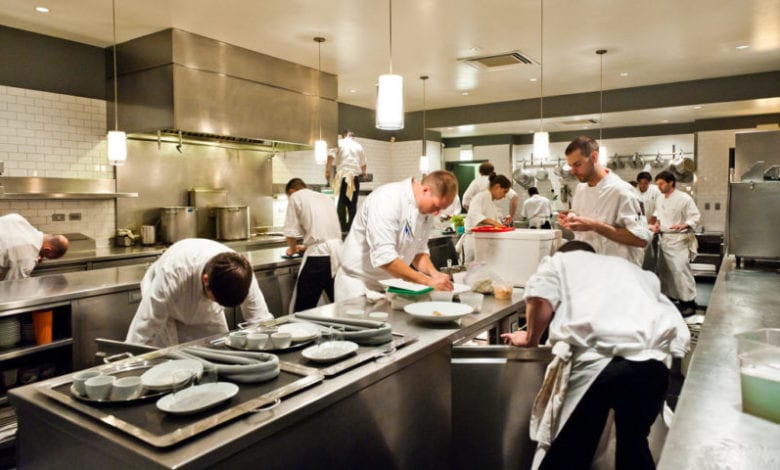Advice
Reducing packaging waste in the professional kitchen

In today’s environmentally conscious world, waste in the professional kitchen has both financial and reputational consequences. With thoughtful planning it is possible to both reduce the costs of dealing with waste packaging and provide an awareness of the environmental impact of your kitchen.
You'll need to
subscribe to unlock this content. Already subscribed? Login?











